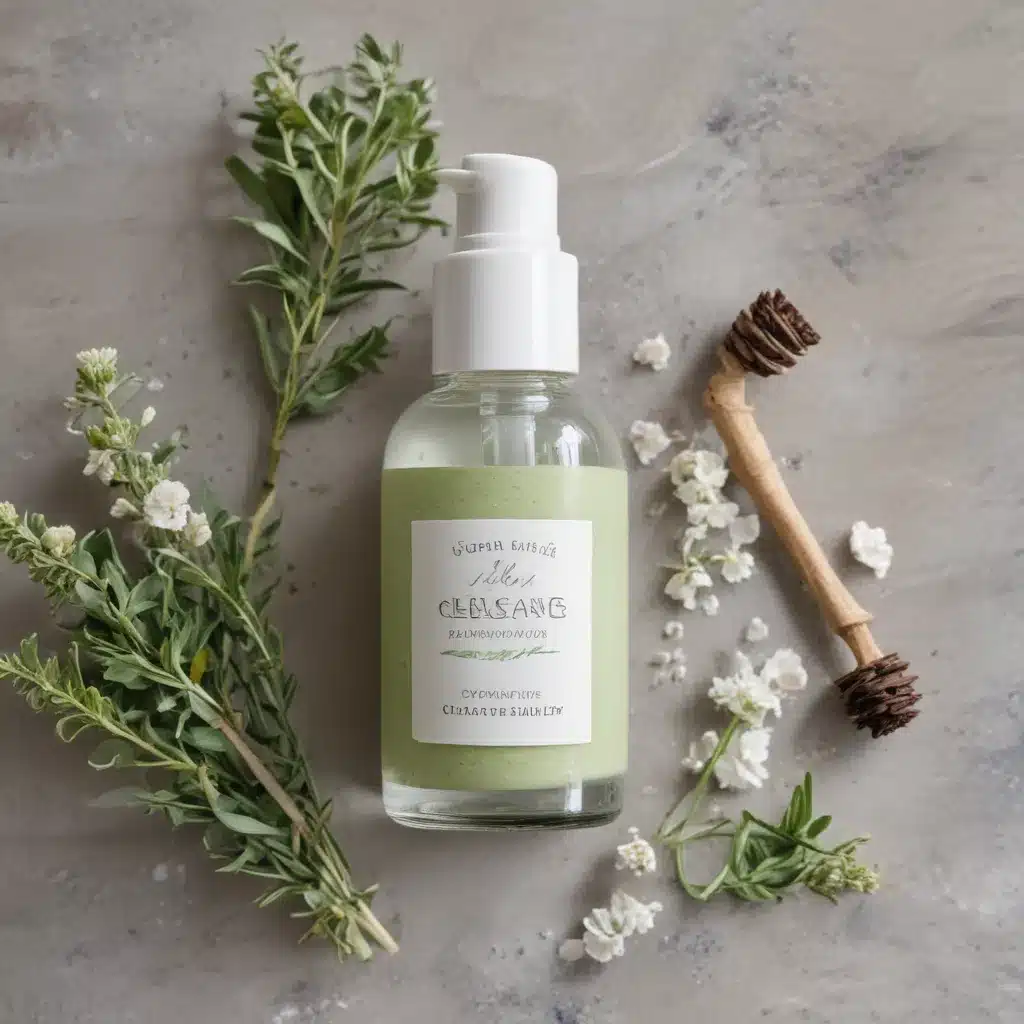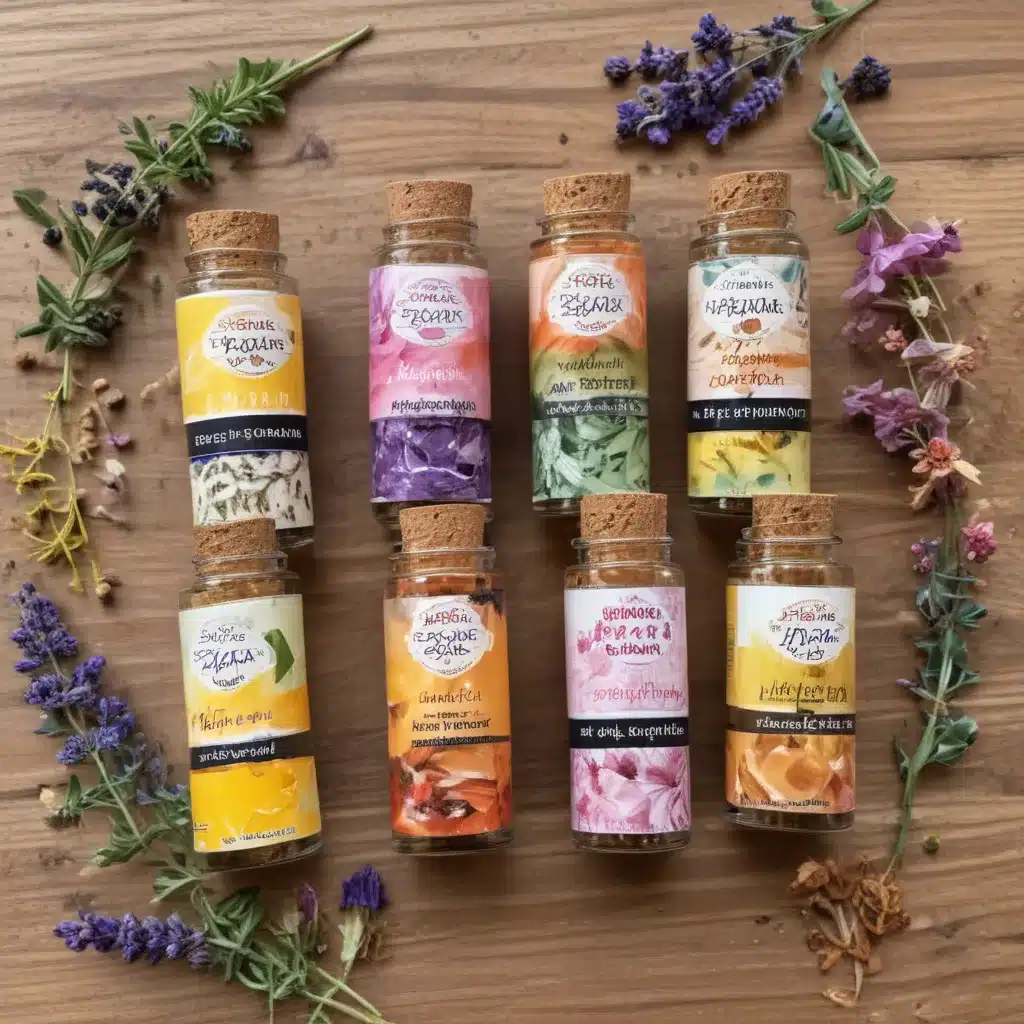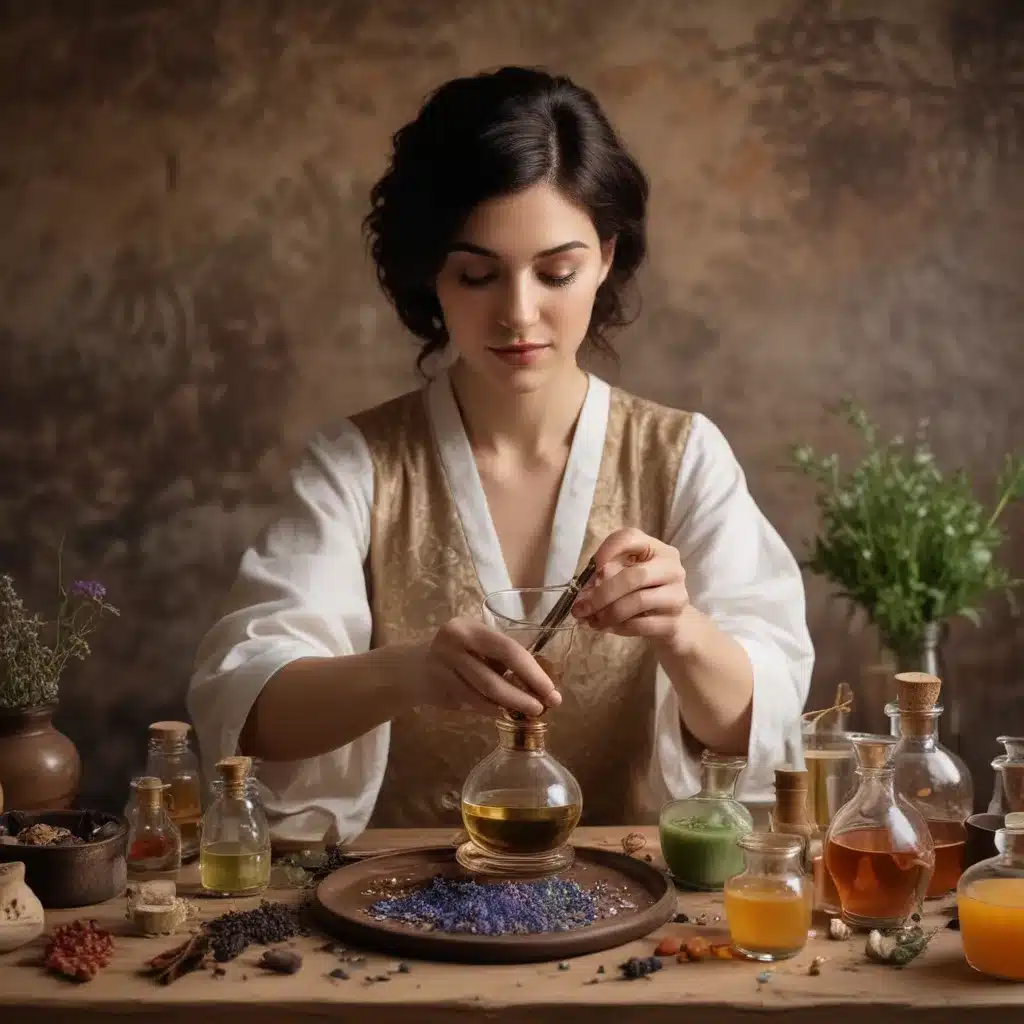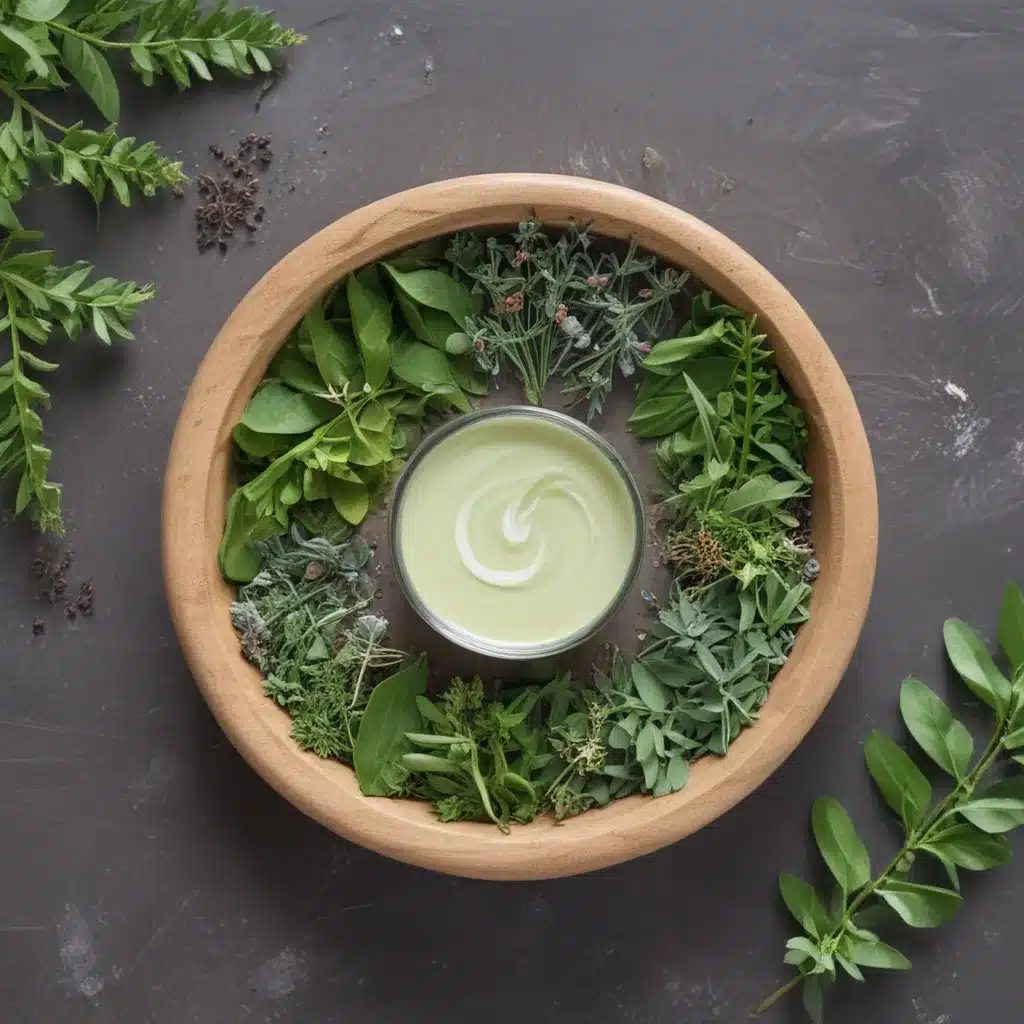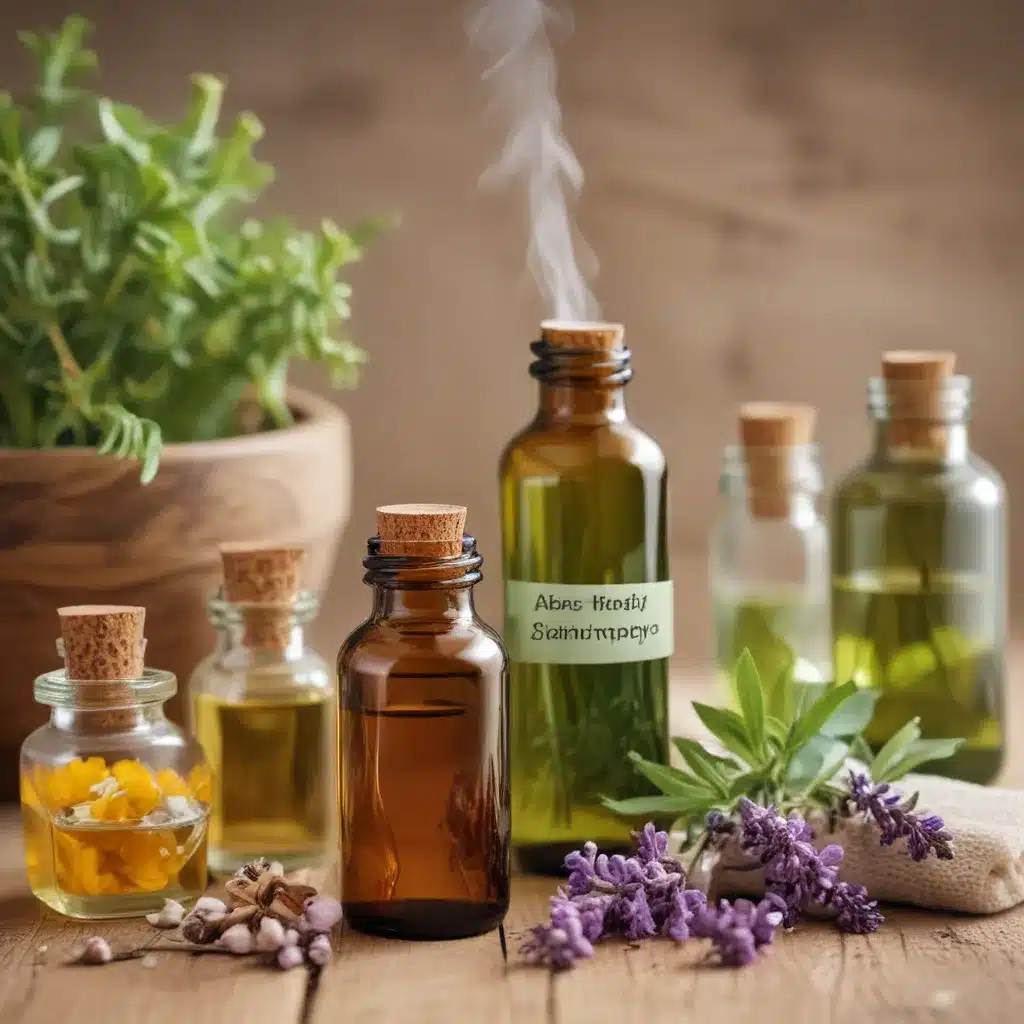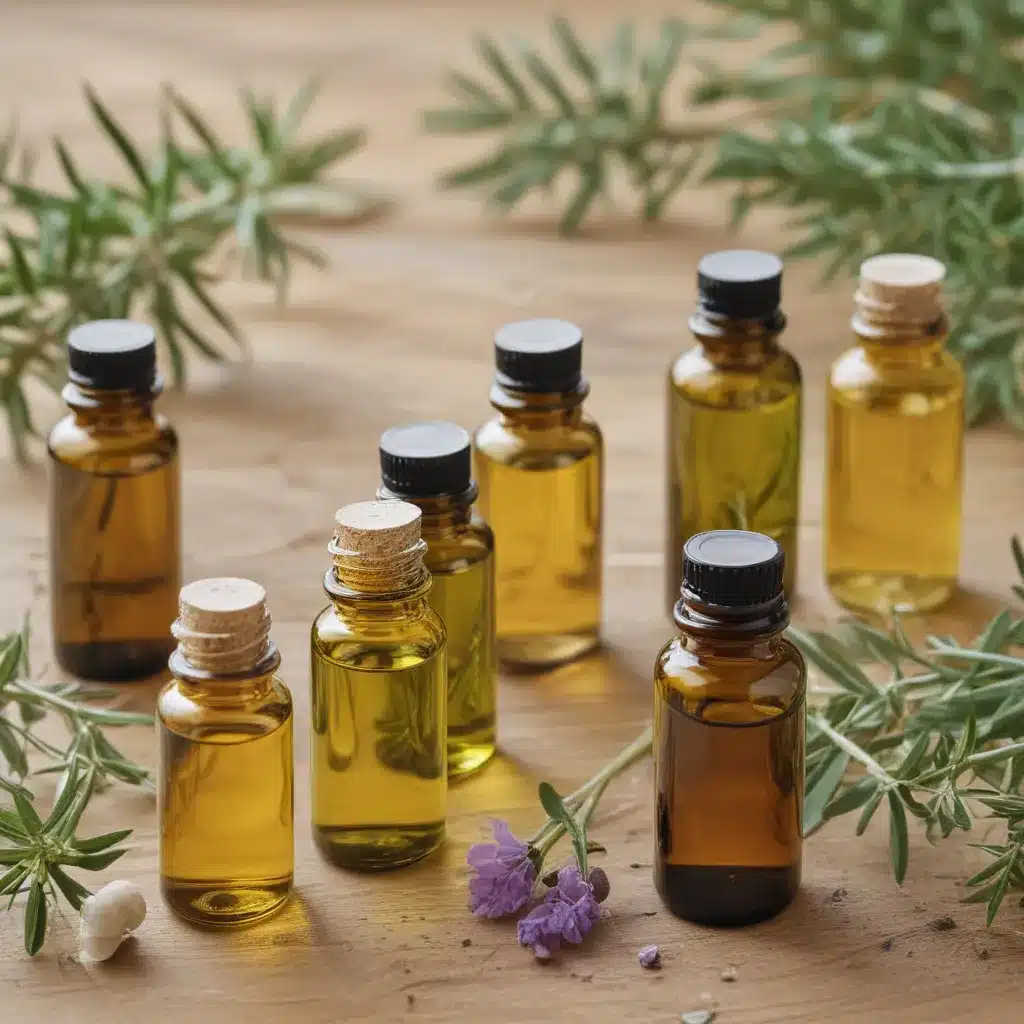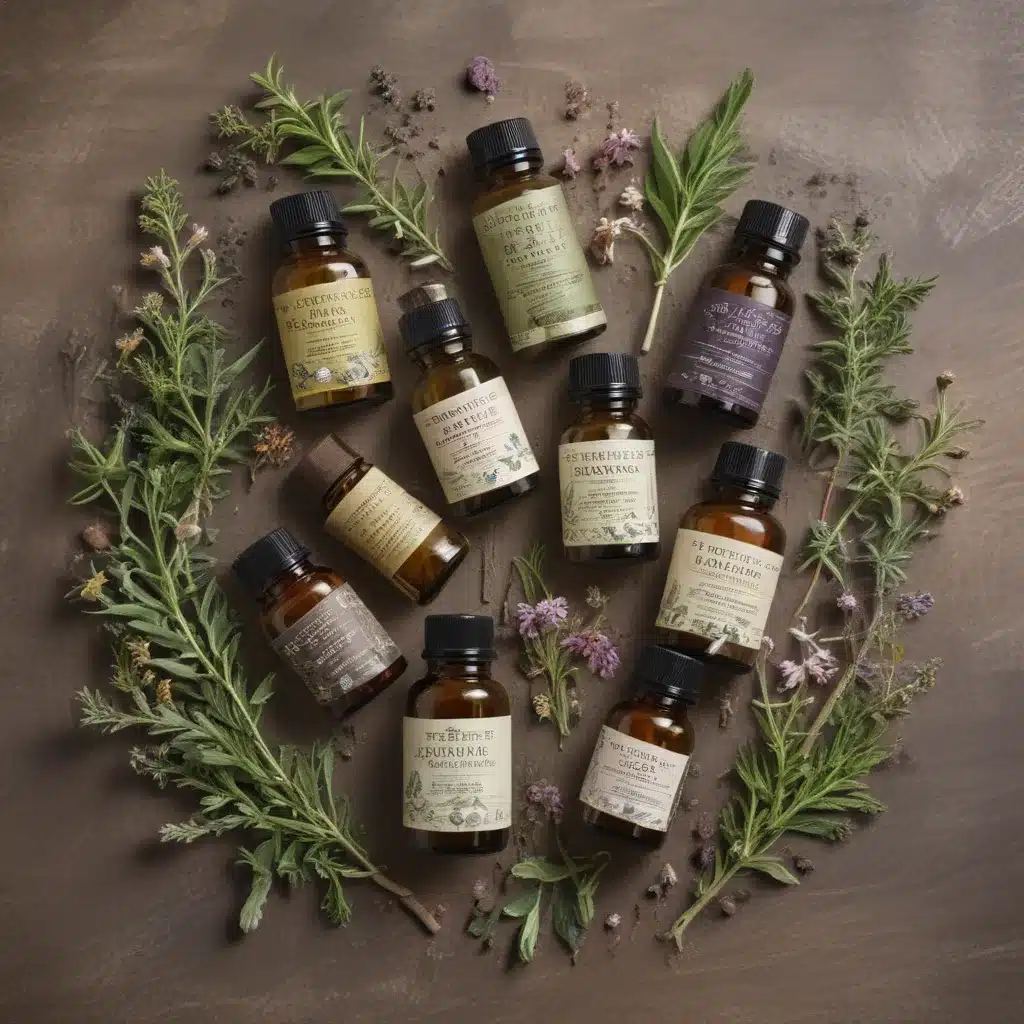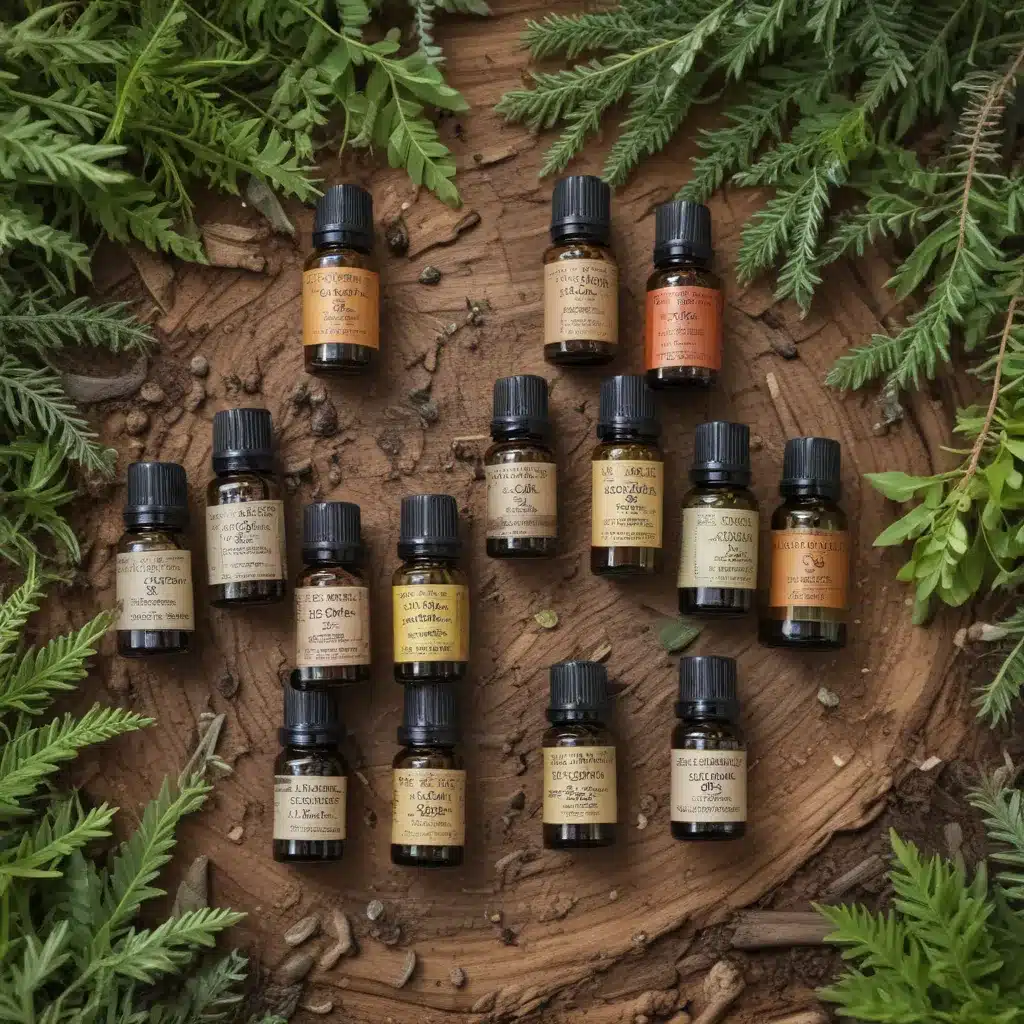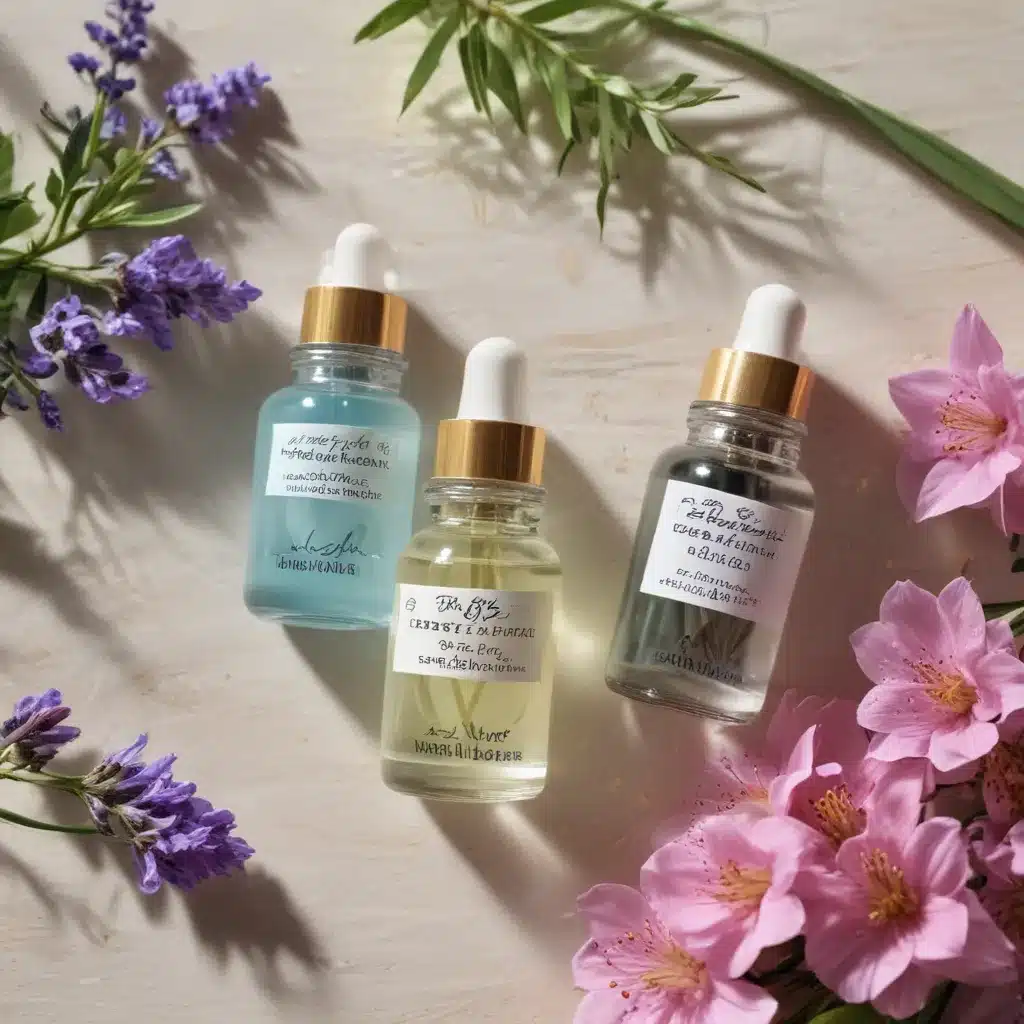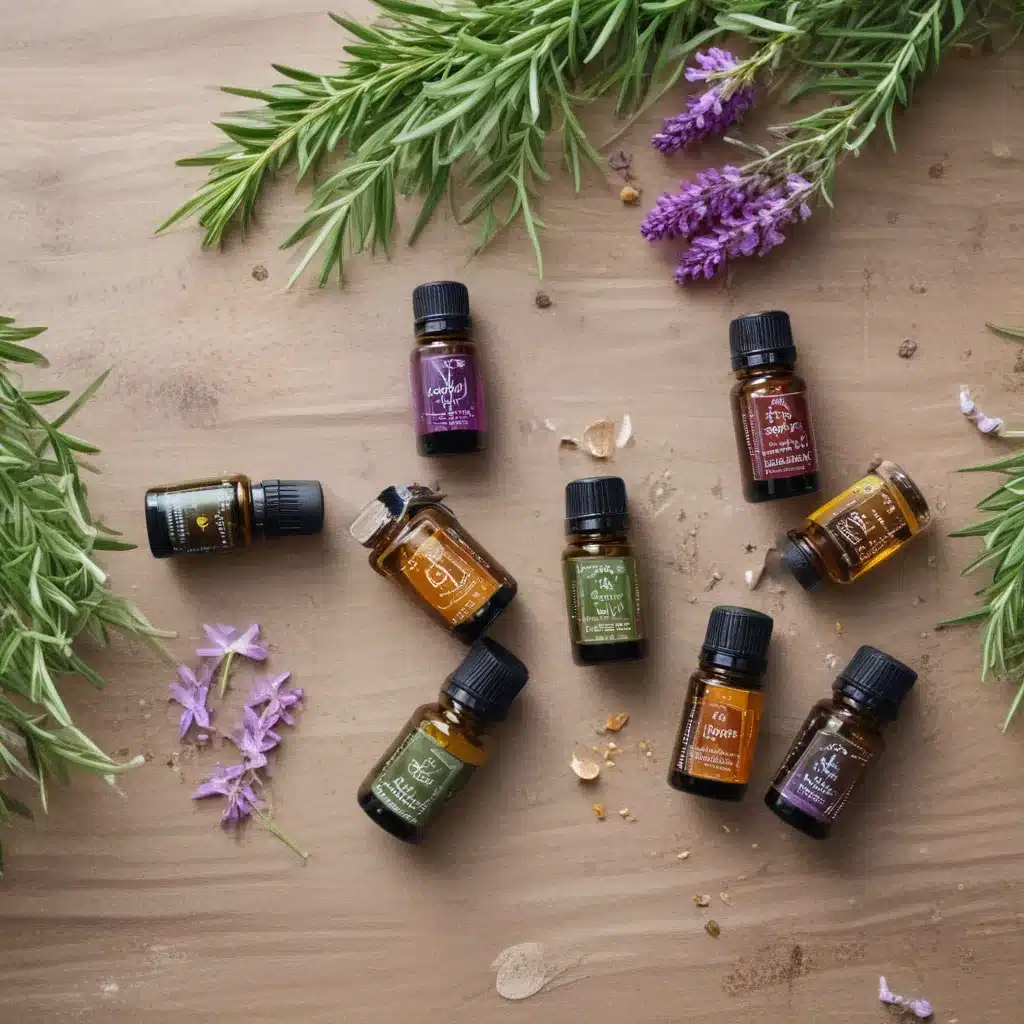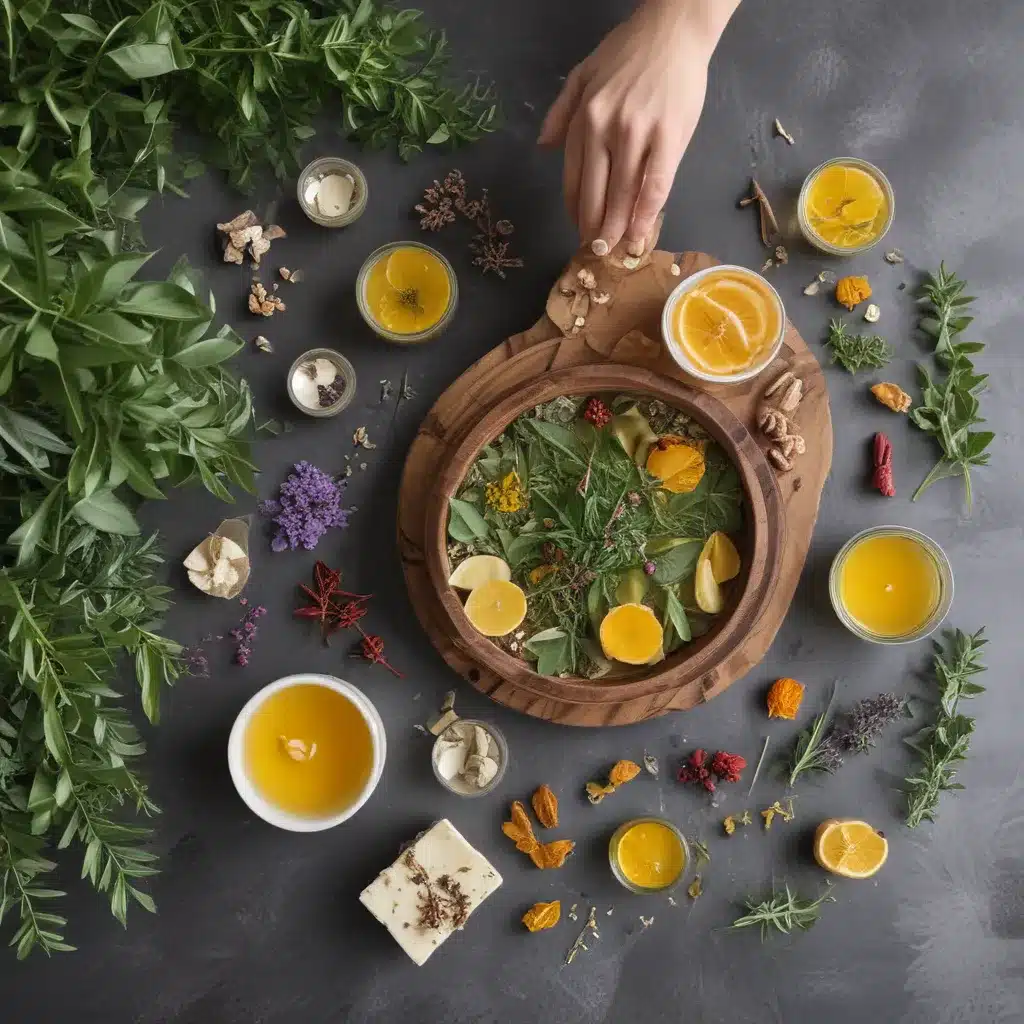
Understanding the Importance of Healthy Skin
As the largest organ in our body, our skin plays a vital role in protecting us from external factors such as UV rays, pollution, and bacteria. Healthy skin not only enhances our appearance but also reflects our overall well-being. It is essential to understand that our skin is constantly exposed to various environmental stressors, which can lead to premature aging, dryness, and other skin concerns.
To maintain healthy skin, we must adopt a holistic approach that focuses on nourishing our skin from within and using natural solutions to address specific skin issues. By incorporating natural ingredients into our skincare routine and making lifestyle changes, we can promote healthy, glowing skin without relying on harsh chemicals or expensive treatments.
In this article, we will explore the various natural solutions for achieving and maintaining healthy skin. From essential vitamins and minerals to powerful plant-based ingredients, we will discuss the best ways to nourish and protect our skin using nature’s gifts.
The Role of Nutrition in Skin Health
The foundation of healthy skin lies in a well-balanced diet rich in essential nutrients. The foods we consume have a direct impact on the health and appearance of our skin. To promote healthy skin from within, it is crucial to focus on consuming a variety of nutrient-dense foods.
Essential Vitamins and Minerals for Skin Health
- Vitamin A: Promotes cell turnover and helps in the production of collagen, a protein that keeps skin firm and elastic.
-
Sources: Sweet potatoes, carrots, spinach, kale, and eggs.
-
Vitamin C: A powerful antioxidant that protects skin from free radical damage and aids in collagen synthesis.
-
Sources: Citrus fruits, berries, bell peppers, and broccoli.
-
Vitamin E: Another antioxidant that helps protect skin from oxidative stress and inflammation.
-
Sources: Almonds, sunflower seeds, avocados, and spinach.
-
Zinc: Plays a crucial role in skin repair and renewal, and helps combat acne and inflammation.
- Sources: Oysters, beef, pumpkin seeds, and lentils.
Incorporating Skin-Friendly Foods into Your Diet
In addition to consuming vitamins and minerals, it is essential to include other skin-friendly foods in your diet:
- Fatty fish: Rich in omega-3 fatty acids, which help reduce inflammation and keep skin moisturized.
-
Examples: Salmon, mackerel, and sardines.
-
Nuts and seeds: Packed with healthy fats, vitamin E, and other skin-nourishing nutrients.
-
Examples: Walnuts, chia seeds, and flaxseeds.
-
Green tea: Contains catechins, which are powerful antioxidants that protect skin from damage and premature aging.
By incorporating these nutritious foods into your diet, you can provide your skin with the building blocks it needs to stay healthy, radiant, and youthful.
Natural Ingredients for Topical Skincare
In addition to nourishing our skin from within, using natural ingredients in our skincare routine can help address specific skin concerns and promote a healthy, glowing complexion.
Aloe Vera
Aloe vera is a versatile plant known for its soothing and hydrating properties. It contains compounds that help reduce inflammation, promote healing, and moisturize the skin. Aloe vera gel can be applied directly to the skin or used as an ingredient in homemade face masks and moisturizers.
Honey
Raw honey is a natural humectant, meaning it helps attract and retain moisture in the skin. It also possesses antibacterial and anti-inflammatory properties, making it an excellent choice for treating acne-prone or irritated skin. Apply raw honey as a spot treatment or use it as a face mask for a boost of hydration and nourishment.
Coconut Oil
Coconut oil is rich in medium-chain fatty acids, which help moisturize and protect the skin’s natural barrier. It also contains lauric acid, a compound with antimicrobial properties that can help combat acne-causing bacteria. Use coconut oil as a gentle makeup remover or apply a small amount as a moisturizer for dry skin.
Tea Tree Oil
Tea tree oil is a potent essential oil known for its antimicrobial and anti-inflammatory properties. It is particularly effective in treating acne and can help unclog pores and reduce blemishes. Dilute tea tree oil with a carrier oil, such as jojoba or almond oil, and apply it to affected areas using a cotton swab.
Oatmeal
Colloidal oatmeal, which is finely ground oats, has been used for centuries to soothe and nourish the skin. It contains compounds that help reduce inflammation, itching, and dryness, making it an excellent choice for sensitive or eczema-prone skin. Add colloidal oatmeal to a warm bath or mix it with water to create a soothing face mask.
Lifestyle Habits for Healthy Skin
In addition to using natural ingredients and consuming a nutrient-rich diet, adopting healthy lifestyle habits is crucial for maintaining healthy skin.
Protect Your Skin from the Sun
One of the most important steps in preserving the health and youthfulness of your skin is to protect it from harmful UV rays. Prolonged sun exposure can lead to premature aging, dark spots, and an increased risk of skin cancer. To protect your skin:
- Use a broad-spectrum sunscreen with an SPF of at least 30 daily, even on cloudy days.
- Wear protective clothing, such as long-sleeved shirts, wide-brimmed hats, and sunglasses.
- Seek shade during peak sun hours, typically between 10 a.m. and 4 p.m.
Stay Hydrated
Drinking an adequate amount of water is essential for maintaining healthy, hydrated skin. When our bodies are dehydrated, our skin can appear dull, dry, and more prone to wrinkles. Aim to drink at least 8 glasses of water per day, and more if you engage in physical activity or live in a hot, humid climate.
Manage Stress
Chronic stress can take a toll on our skin, leading to breakouts, dullness, and premature aging. To promote healthy skin and overall well-being, it is crucial to manage stress effectively. Some stress-reducing techniques include:
- Practicing meditation or deep breathing exercises
- Engaging in regular physical activity
- Getting enough sleep (aim for 7-9 hours per night)
- Pursuing hobbies and activities that bring you joy
Get Enough Sleep
During sleep, our bodies repair and regenerate, and this includes our skin. Lack of sleep can lead to dark circles, puffiness, and a dull complexion. To promote healthy skin and overall well-being, prioritize getting enough quality sleep each night. Establish a consistent sleep schedule, create a relaxing bedtime routine, and ensure your sleep environment is cool, dark, and comfortable.
Real-Life Examples and Success Stories
To illustrate the effectiveness of natural solutions for healthy skin, let’s take a look at some real-life examples and success stories.
Sarah’s Story: Overcoming Adult Acne
Sarah, a 32-year-old marketing professional, had been struggling with adult acne for years. Despite trying numerous over-the-counter and prescription treatments, her breakouts persisted. Frustrated and self-conscious, Sarah decided to explore natural solutions.
She began by incorporating skin-friendly foods into her diet, such as fatty fish, leafy greens, and berries. Sarah also started using raw honey as a spot treatment and tea tree oil diluted with jojoba oil to help combat blemishes. Additionally, she made a conscious effort to manage her stress levels through yoga and meditation.
After several weeks, Sarah noticed a significant improvement in her skin. Her breakouts became less frequent and less severe, and her overall complexion appeared clearer and more radiant. By addressing her skin concerns from within and using targeted natural ingredients, Sarah was able to achieve the healthy, glowing skin she had always desired.
John’s Story: Soothing Sensitive Skin
John, a 28-year-old teacher, had always struggled with sensitive, easily irritated skin. He found that many conventional skincare products, even those labeled “for sensitive skin,” caused redness, itching, and discomfort. Determined to find a gentler solution, John turned to natural ingredients.
He began using colloidal oatmeal in his baths and as a face mask to soothe and nourish his skin. John also incorporated aloe vera gel into his skincare routine as a lightweight, non-greasy moisturizer. To further support his skin health, he started consuming more omega-3-rich foods, such as chia seeds and walnuts.
After implementing these natural solutions, John noticed a significant reduction in skin irritation and redness. His skin felt more comfortable, hydrated, and resilient. By embracing the power of nature, John was able to achieve healthy, happy skin without relying on harsh chemicals or irritants.
Conclusion
Achieving and maintaining healthy skin is a holistic journey that involves nourishing our bodies from within, using natural ingredients topically, and adopting healthy lifestyle habits. By understanding the importance of essential nutrients, incorporating skin-friendly foods into our diets, and harnessing the power of natural ingredients like aloe vera, honey, and tea tree oil, we can promote healthy, glowing skin without relying on harsh chemicals or expensive treatments.
Remember, everyone’s skin is unique, and what works for one person may not work for another. It is essential to listen to your skin, be patient, and give natural solutions time to work their magic. With consistency and a commitment to healthy living, you can achieve the radiant, healthy skin you deserve.
Embrace the power of nature, and let your skin shine from the inside out!


